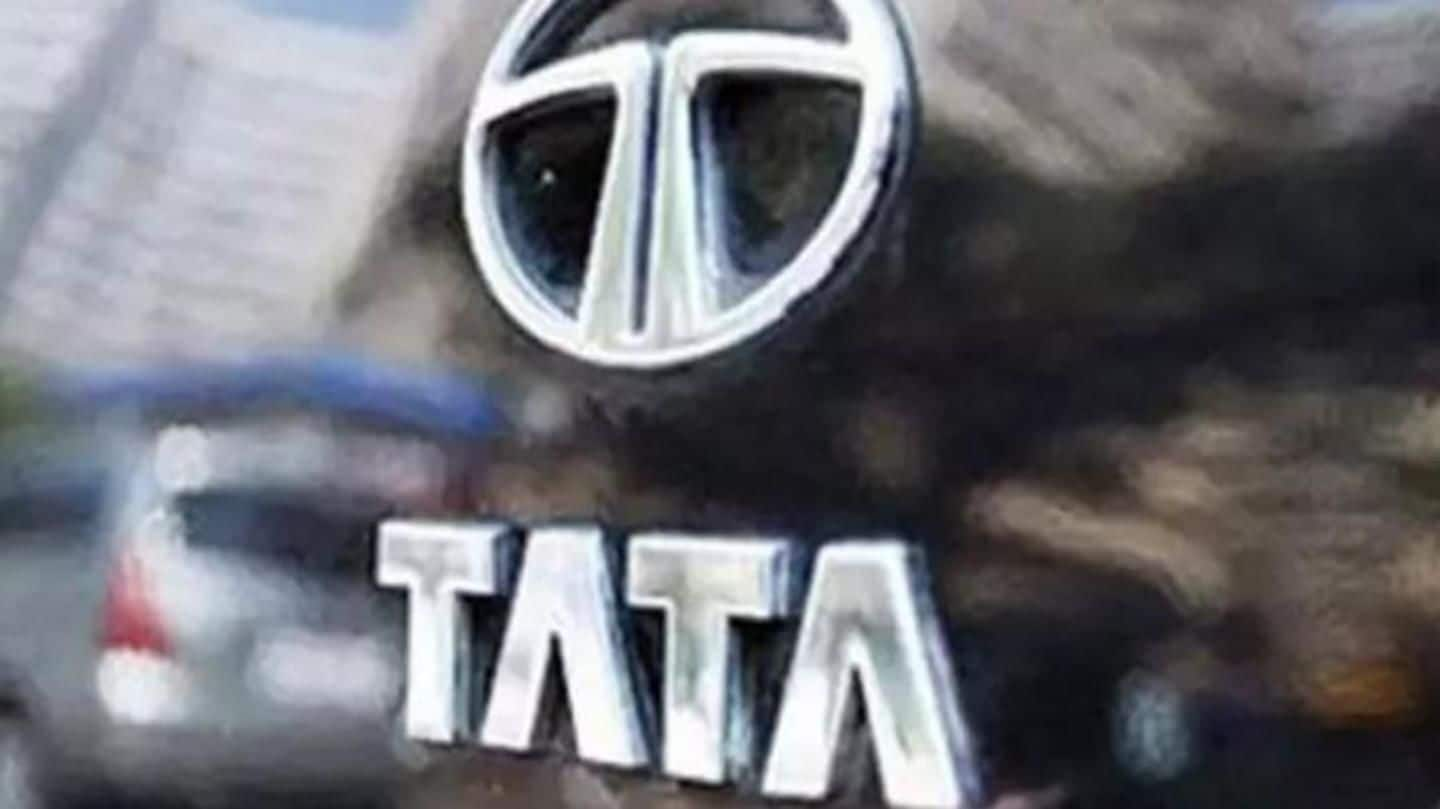
For the first time, Tata Motors to offer employees ESOPs
What's the story
In a first for the large manufacturing company, Tata Motors is set to offer stock options to its 200 top-level executives.
For the $100-billion Tata Group, this is a first-of-its-kind initiative in its 150-year-old history. It is also not a common practice in the Indian automotive sector.
The plan is subject to shareholder approval which will be taken at the upcoming annual general meeting.
Good move
Offering ESOPs based on employee performance in domestic market
Employees will be assigned stock options based on three performance metrics: gain in market share, EBIT margin improvement, and free cashflow as a percentage of revenue.
Executives will be granted ESOPs starting the second quarter of the current financial year.
The ESOPs, given at an average share price of the preceding 90 days, will vest in three tranches between FY21 and FY23.
Driving performance culture
Tata Motors investing in talent
The move, called Long-Term Incentive Plan, comes as Tata Motors wants to increase its investment in the future of the company, which is its top talent.
The country's largest commercial vehicle maker is aiming at retaining significant resources for the company, while also building a satisfying and engaging career for all which entails leadership development and promotion opportunities.
Improved profitability
19% growth registered in commercial vehicle segment in FY18
The company registered a full-year standalone profit in FY18 with free cashflows of Rs. 1,339 crore, a first in five years.
Tata Motors, which makes cars like Zest, Hexa, and Nexon, next wants to replicate that strong performance in its passenger vehicle division—which saw a growth of 17% in FY18—while also sustaining profits in the commercial vehicle business.
Increments
The company's increment and incentive framework has been differentiated
In line with the new increment and incentive framework, salaries are increased based on performance, regardless of the level of the employee.
This time, Tata Motors has offered an average increment of 10% for the lower-level staff, which is twice of what was offered the previous year and higher than industry standards.
Further, the bonuses were set at 100% instead of the average 50-60%.